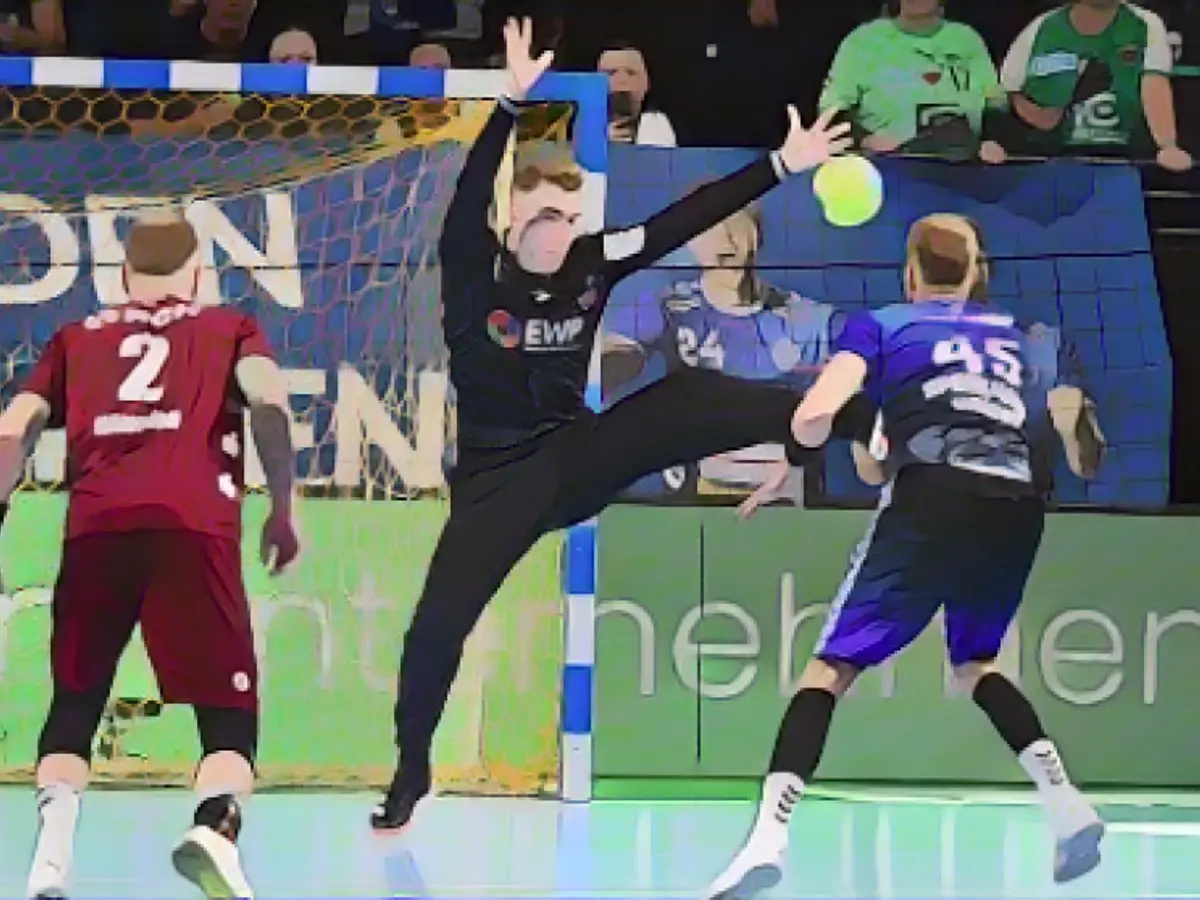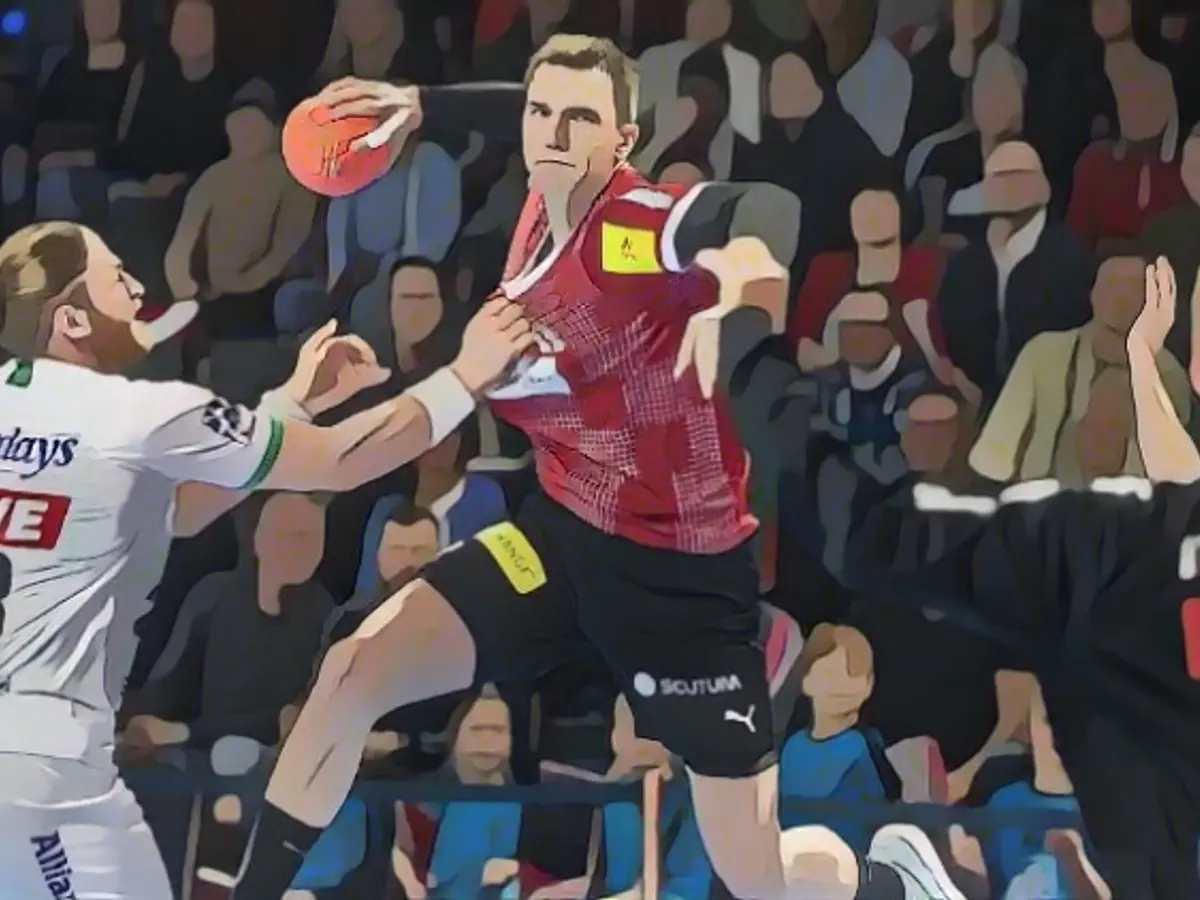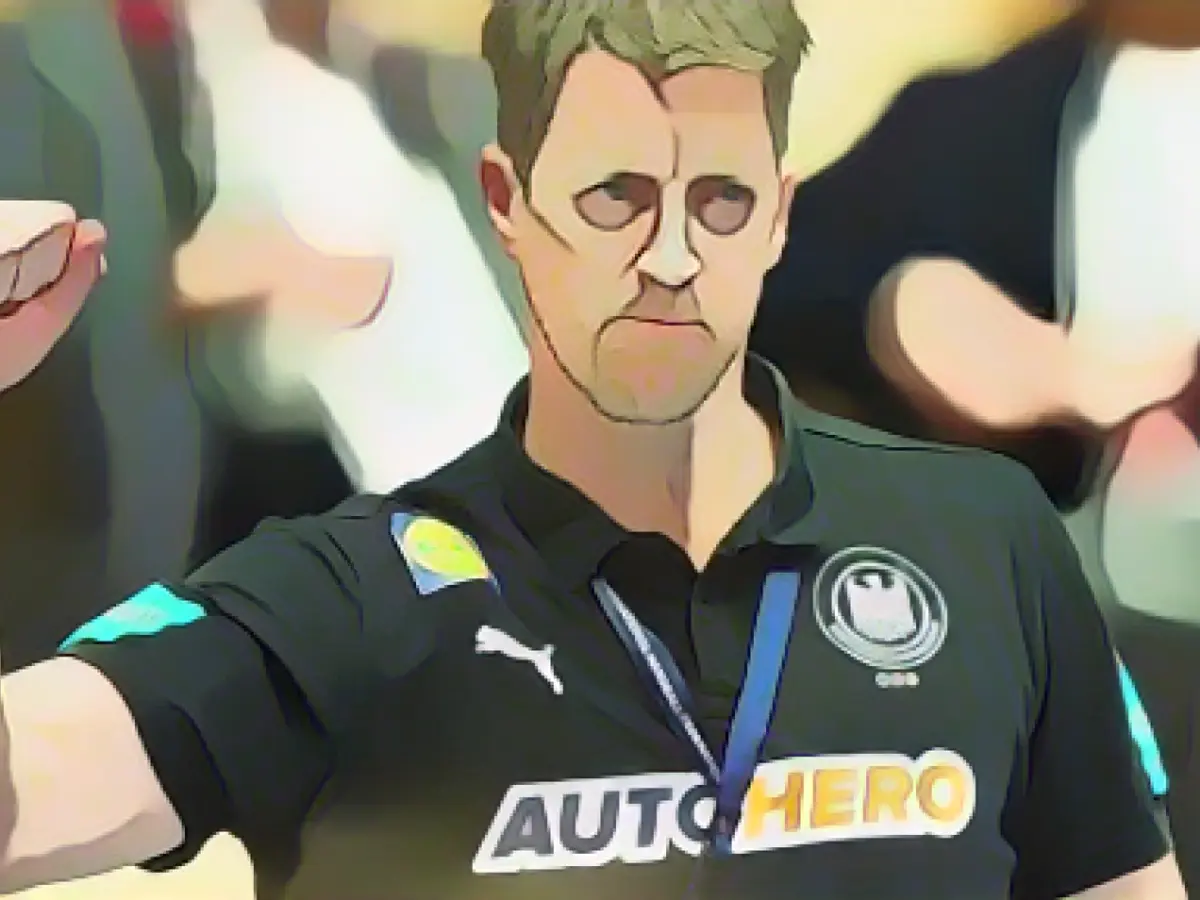Stranger Things Happened on a Sunday in Berlin
On an unusual Sunday in the Max-Schmeling-Halle, two Foxes team members, Lasse Ludwig and Max Beneke, pulled off a marvelous feat.
Two games, two victories, in just three hours – where else but in handball!
First up was a 3 p.m. match against HSV, followed by a 6 p.m. game against VfL Potsdam in the 2nd division against Lübeck-Schwartau. Ludwig, the goalkeeper, and Beneke, the left-hander, with their dual playing rights, gave an outstanding performance in both games.
What made this double shift possible? The dual playing rights, allowing players to represent two clubs in different leagues, were the driving force behind this extraordinary feat. Ludwig, with 7 saves for the Füchse and 17 for Potsdam, and Beneke, scoring 1 goal for the Füchse and 11 for Potsdam, had the unique privilege of dual registration, granted only to clubs in different leagues and limited to U23 players.
The hero of the evening was none other than Ludwig, who came in for the Füchse in the 27th minute and took over the goalkeeping duties for the rest of the game, despite Füchse star Dejan Milosavljev's unsatisfactory four saves. Ludwig's impressive performance turned the game around with 7 crucial saves.
After a swift wardrobe change, the duo reappeared on the court, this time for Potsdam, at 6 p.m. And they were the game-changers again, with Beneke scoring 11 goals (including 8 from 7-meter penalties) and Ludwig making 17 mind-blowing saves (15 or more saves are considered world-class).
How did Ludwig manage his double shift? Pasta-fueled and with a focus on one game at a time, Ludwig conquered each challenge hoisted upon him. His motivational strategy: concentrate on one match, then take on the next during the break, followed by watching another video in the dressing room to psych up for the next match.
Bob Hanning, the Füchse managing director and Potsdam coach, had nothing but praise for this innovative use of dual playing rights. "It's only effective if it's carefully coordinated and benefits the player," Hanning emphasized. The dual-play strategy had paid off tremendously in their summer victories, enhancing the overall team experience.
Dual playing rights are also standard in other top leagues. In the German Basketball League, players under 23 can be used interchangeably. Dennis Schröder, for instance, excelled as a dual-license player during his time in the minor league SUM Baskets Braunschweig and the first division New Yorker Phantoms Braunschweig.
In ice hockey, there's the development license (a second playing permit for a player active in another league). Every DEL club is required to cooperate with a DEL2 club.
However, football doesn't share the same freedom. Hanning argued, "Two games a week is already too demanding for footballers. We must be willing to take action to support Germany."
As Ludwig braced himself for his upcoming challenges, he revealed that the exhausting travel was the main hurdle. To separate his personal and professional lives, he prepared meticulously by packing fresh clothes and relying on his airpods to binge on "Prison Break."
Sources:
Insight: Dual playing rights are a common practice in sports governance, allowing players to be registered with two clubs under specific conditions, such as youth player rights and transfer rules, loan arrangements, and national team commitments. The rules for this practice are typically set by international and national governing bodies.
In handball, dual playing rights, also known as dual registration or dual nationality, allow players to represent two clubs in different leagues under specific conditions. The International Handball Federation and national governing bodies like the European Handball Federation set regulations governing player registrations and transfers, including provisions for dual registration. These rules vary by league.






